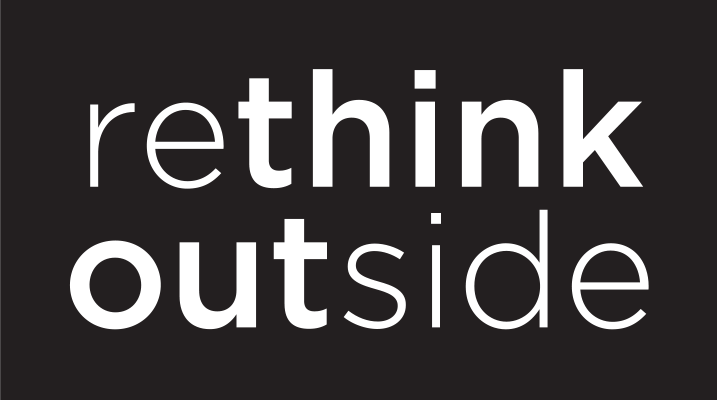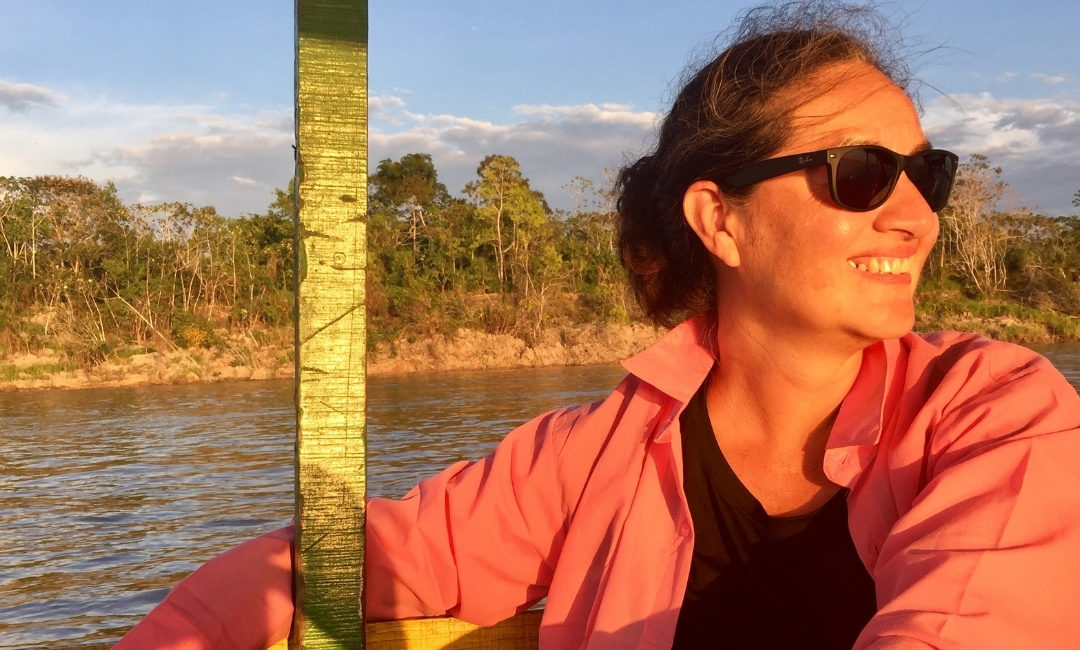Introduce yourself! What should the world know about you?
Priscilla Solis Ybarra is a writer, scholar, birder, and kayaker. She is an Associate Professor in the Department of English at the University of North Texas, where she teaches Chicanx literature and environmental literary criticism. In 2020 she was selected for the President’s Council Teaching Award at UNT. Her book Writing the Goodlife: Mexican American Literature and the Environment (University of Arizona, 2016) was chosen for the 2017 Thomas J. Lyon Award in Western American Literary and Cultural Studies. She is co-editor of Latinx Environmentalisms: Place, Justice, and the Decolonial (Temple University Press, 2019), a collection of scholarly essays and interviews with Latinx writers, including Helena María Viramontes, Ana Castillo, and Cherríe Moraga. She has been elected to serve terms on the Executive Council of the Association for the Study of Literature and Environment, on the Executive Committee of the Western Literature Association, and on the Board of Directors for Orion Magazine. She currently serves on the Editorial Advisory Board for the journal ISLE: Interdisciplinary Studies in Literature and Environment. At UNT, she served terms on the Advisory Board for Latina/o and Mexican American Studies and on the Executive Committee for Women’s and Gender Studies. Her current book project explores critical Latinx Indigeneity and white supremacy by telling the story of the Mexican American Leopold family in the context of American conservation. You can read her list of recommended books by Mexican American writers about environmental issues on the Orion blog, and an excerpt of her interview with Cherríe Moraga in Orion’s Winter 2019 issue. For 2021-2022, she is the Clements Senior Fellow for the Study of Southwestern America at Southern Methodist University’s Clements Center for Southwest Studies.
What are you passionate about?
I am passionate about stories that subvert the ideas of private property and hierarchical power. I believe we need to heed cultures and voices that advocate for the personhood of all entities. I am an abolitionist who rejects scarcity, affirms abundance, and seeks ways to inhabit cyclical time and spaces of fugitivity.
What drives you as a person, a leader, and a storyteller? What or who shapes you?
Some of my most vivid childhood memories come from listening to the adults in my family tell stories about their lives, which were spent largely on the land. My mother was raised on an ejido in México and my father was a Mexican American migrant farmworker from Texas. Their stories shape my understanding of labor, social justice, and resilience as well as wonder, joy, and connection. I am committed to documenting the unique Mexican American contributions to understanding our relationship to place and the land. My family’s oral histories and countless other archival materials inspire my work every day. My current work focuses on stories that show the Indigeneity of Mexican Americans and the critical ways that Mexican American culture builds on its Indigenous past and present in its relation to the land and the sacred.
Why did you apply to the Rethink Outside™ Fellowship? What are you hoping to learn from this experience?
I applied for the Rethink Outside Fellowship to cultivate a community of fellow storytellers and changemakers who are working toward common goals. I would like to get a better idea of the kind of organizations or events I can curate to work toward changing the perception of which cultures can lead us into a better future.
How will the Rethink Outside™ Fellowship experience help you address the systemic barriers for access to, and representation / leadership of Black, Indigenous, and people of color in the movement to connect people and nature?
I believe the most important aspect for change is the building of critical coalitions and networks. I hope the fellowship experience will help me do this.
What is your favorite activity / place which connects you to nature and the outdoors?
I love hiking and kayaking, but anytime I am outside I am paying attention to the birds. Birding is the top activity that connects me to cyclical time and meditative dwelling outdoors.

